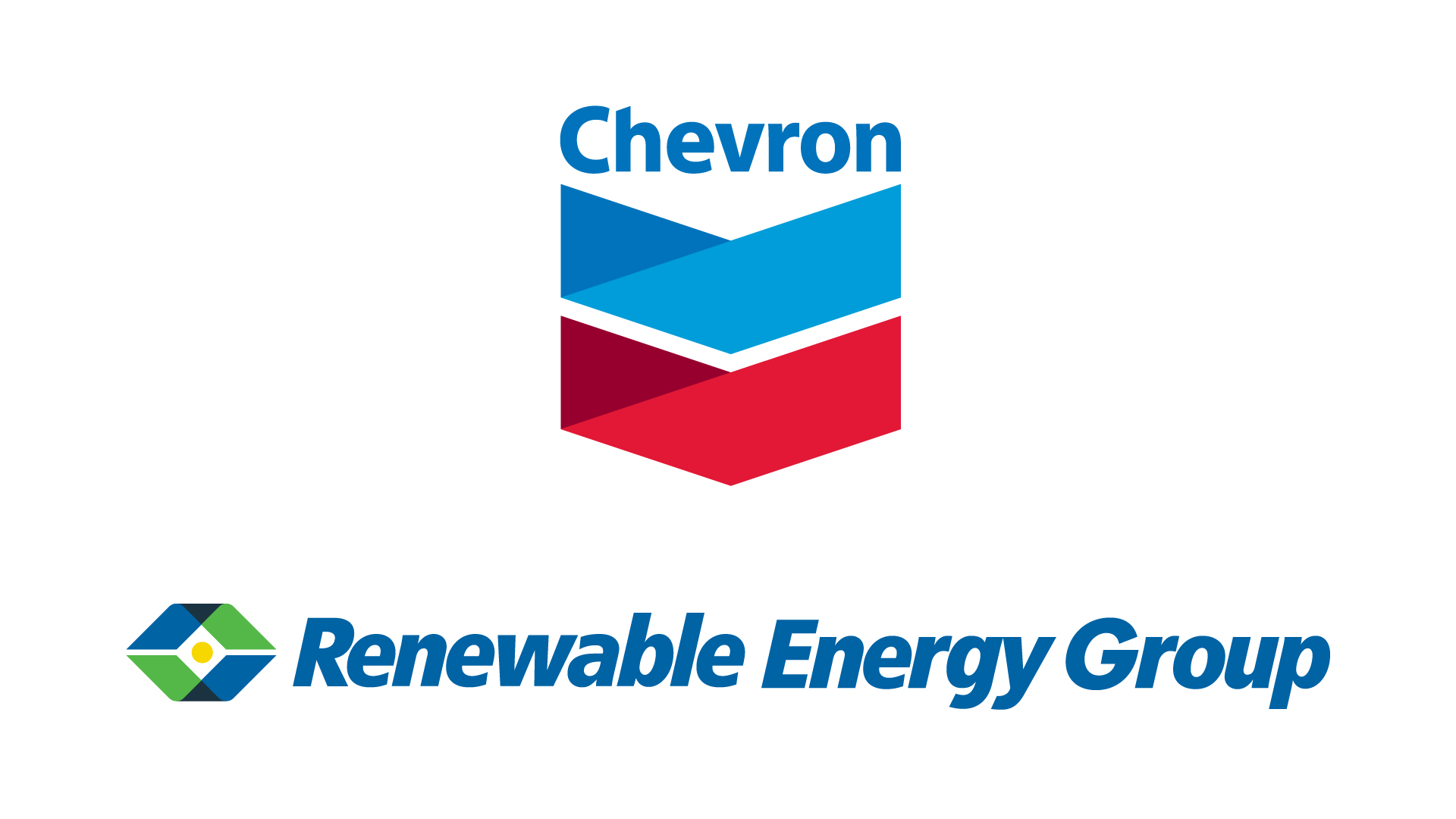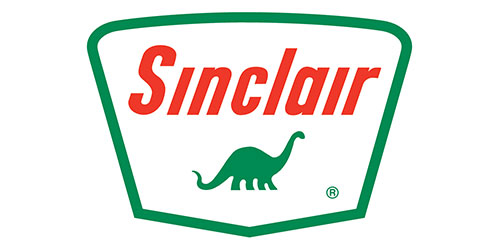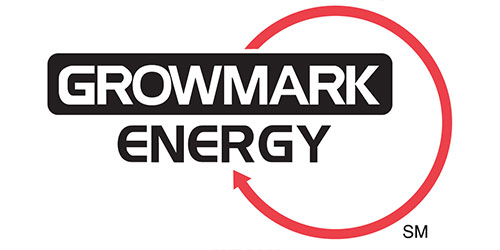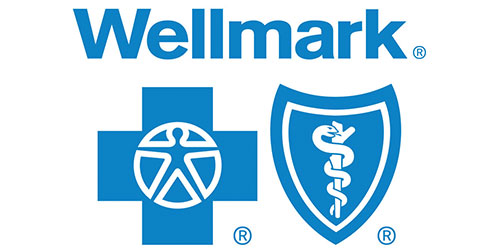
House Bill Seeks to Increase Demand for Biofuels
August 31, 2021 | 
From EMA:
Rep. Cheri Bustos (D-IL), along with five other Democrats and Republicans, recently introduced a bill known as the “Next Generation Fuels Act” that seeks to establish a minimum 98 Research Octane Number (RON) standard for gasoline and require sources of additional octane resulting in at least 30 percent fewer GHG emissions than unblended gasoline. The bill would require automakers to use a test fuel that contains 20 percent ethanol with a minimum 95 RON octane value for new vehicle emissions and fuel economy standards starting with model year 2026 cars. Cosponsors of the bill are Reps. Emanuel Cleaver (D-MO), Cindy Axne (D-IA), Darin LaHood (R-IL), Jason Smith (R-MO), and James Comer (R-KY)).
In 2018, the American Fuel & Petrochemical Manufacturers argued that a fuel-neutral, 95-RON octane performance standard could address the needs of all stakeholders: the auto industry, marketers, biofuel producers, refiners, and, most importantly, consumers. 95 RON is similar to today’s premium fuel that would lower emissions and preserve the liquid fuels distribution network. Given ethanol’s octane boost, E10 would likely be used to meet the 95 RON standard. Unfortunately, the legislation aims to establish certification test fuels of 95 research octane number (RON) and 98 RON containing 20-30 percent ethanol which would impact underground storage tank compatibility systems.
The complexities involved in the transition to a single high-octane gasoline would require a federal mandate, similar to the one used in the transition from leaded to unleaded gasoline. Such a mandate would require Congressional action since EPA lacks the authority to implement the transition nationwide. Even with a federal mandate in place, the transition to a single high-octane fuel would likely take time to achieve given the need for both Congressional and EPA action to make it happen.



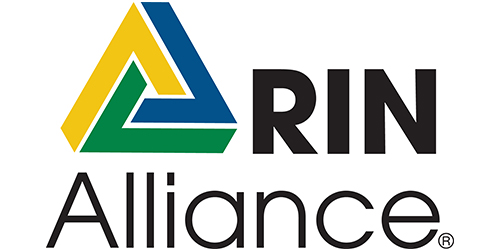

.png)



